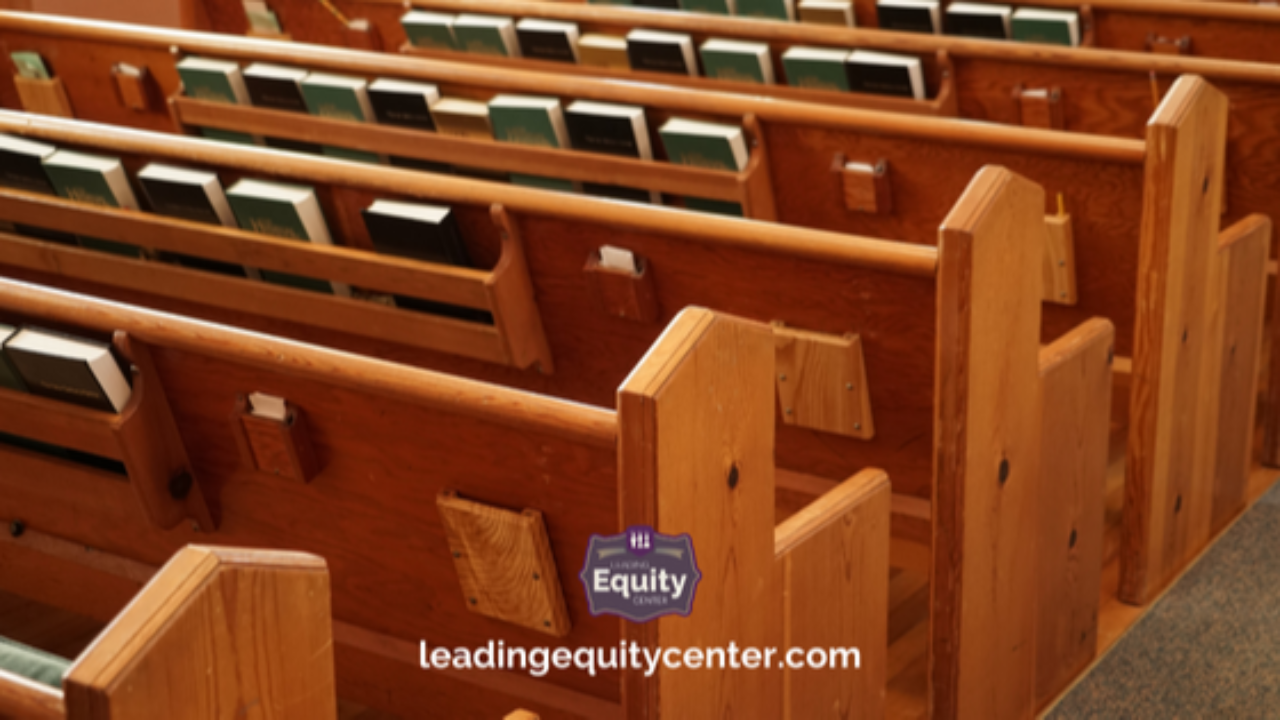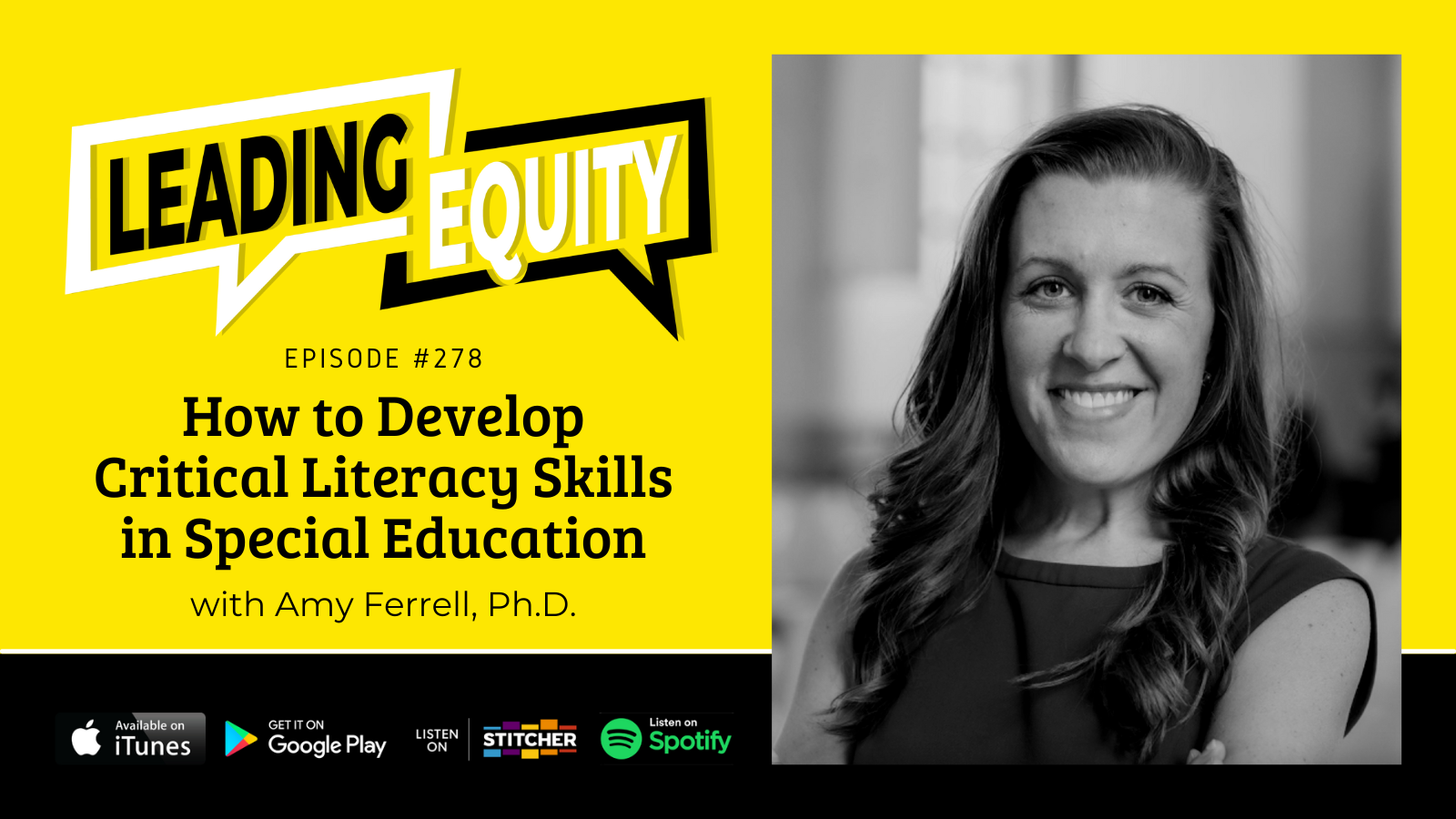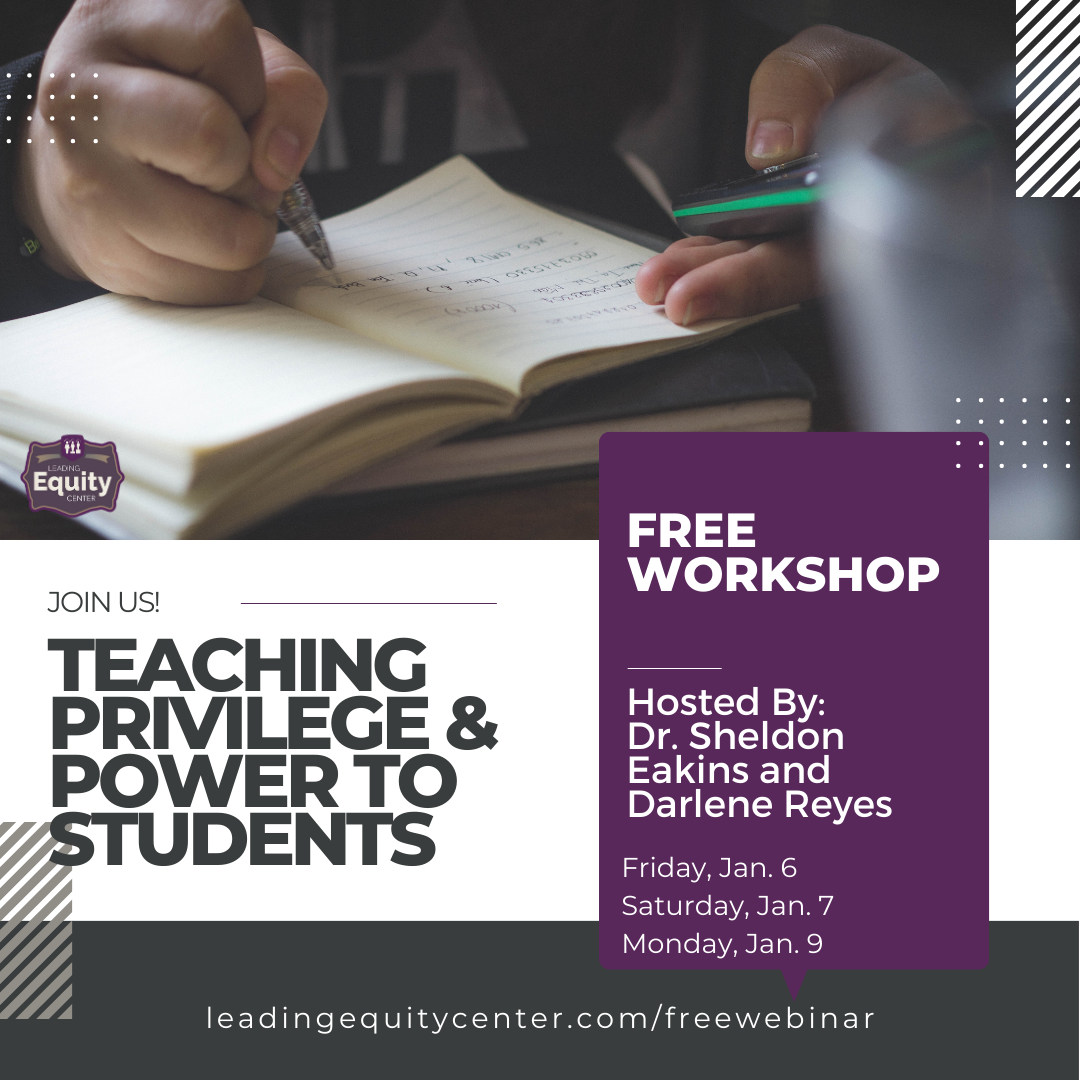Practice what you preach

Hey Advocates,
I hope you all had a great ending to 2022 and are looking forward to what the new year has in store for us. Here’s to 2023 bringing us an abundance of blessings and joy!
With that being said, I don’t know about you. But, I found myself being on social media a lot, distracting myself with TikToks and Instagram, and I couldn’t help but wonder how much my kids and other young teenagers get caught up in social media.
A recent research article published by the College of Arts and Sciences at the University of North Carolina(UNC) - Chapel Hill, “Study shows habitual checking of social media may impact young adolescents’ brain development,” shows there are differences in how adolescents’ brains respond to what is happening around them. The study first asked participants (169 middle school students from rural North Carolina) how often they checked Facebook, Instagram, and Snapchat and also had participants undergo brain imaging sessions as they completed social incentive delay tasks (“which measures brain activity when anticipating social feedback from peers”) yearly over three years.
Eva Telzer, a UNC-Chapel Hill professor in their psychology and neuroscience department and one of the study’s authors, stated, “The findings suggest that children who grow up checking social media more often are becoming hypersensitive to feedback from their peers.”
We can all agree that Facebook, Instagram, Snapchat, and other social media platforms provide feedback via likes, comments, notifications, etc. The more likes, comments, etc., the more rewarding it may seem. We have also seen the detrimental effects of those “likes” in comparing ourselves to others and showing certain parts of our lives as glamorous and not necessarily accurate depictions of day-to-day reality. Hence why, last year, some social media platforms like Instagram removed the likes count on profiles to create a “healthier” environment for everyone.
This research “demonstrates that checking behaviors on social media could have long-standing and important consequences for adolescents’ neural development, which is critical for parents and policy-makers to consider when understanding the benefits and potential harms associated with teen technology use.”
So what do we do now?
To me, this means talking to our students and children about how they use social media and technology. First, we must ensure we create a space where they feel comfortable sharing their thoughts and feelings without feeling judged and holding ourselves accountable to listen to them.
Asking:
- Who do they follow on these platforms, and why?
- How does social media play a role, if at all, in how they see themselves?
- Where do they get their validation from (their self-confidence, social media, etc.)? Why?
- How do they feel about feedback? Have they practiced receiving feedback? How does it feel to receive feedback? Why?
My conversation with Dr. Allison Butler last night on the Art of Advocacy was all about the importance of critical media literacy for young people. Watch the interview here.
Lastly, affirm who they are and allow them to practice feedback with us. Sometimes, all it takes to change our students’ perspectives is to model the behavior. So practice what you preach; it’s essential to model the behavior we want to see from our students. Correct yourself when your words don’t align with what you meant to say, so they feel comfortable making mistakes with people who care about them. We are molding young minds.
As you know, in less than two weeks, our event, “Amplifying Student Voices: The Fundamentals for a Student-Centered School Experience,” will take place, and we’d love to have us join us. If you come to our free webinar, “Teaching Privilege and Power to Students,” happening today or our other sessions, you’ll also receive a special gift.
I look forward to meeting some of you and doing some of the work.
Content created this week:
Show Highlights
- The White Innocence Playbook
- What happens in school board meetings
- Strategies for school board members
Show Description
In this session, Dr. Allison Butler discusses strategies for developing critical media literacy skills for young people. Subscribe to the channel!
Show Highlights
- Inclusion
- Social Justice at an early age
- The COAST method
- Critical literacy examples
That’s all this week,
Sheldon
Book Dr. Eakins
The Leading Equity Center Services
First session starts tonight at 6:30 PM Eastern!





